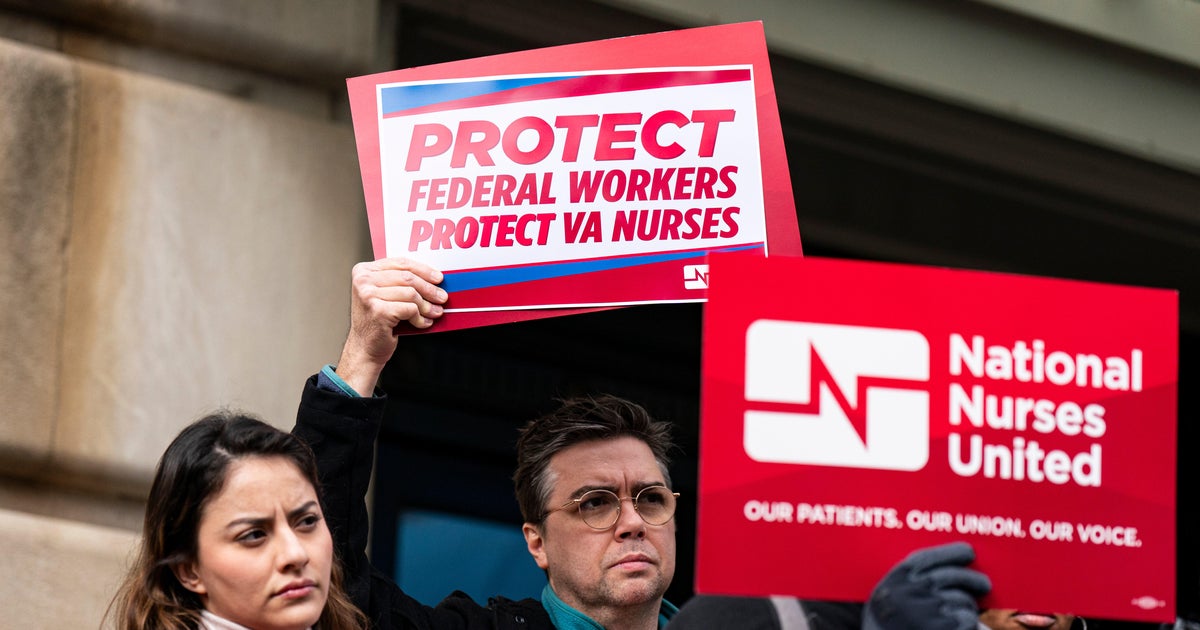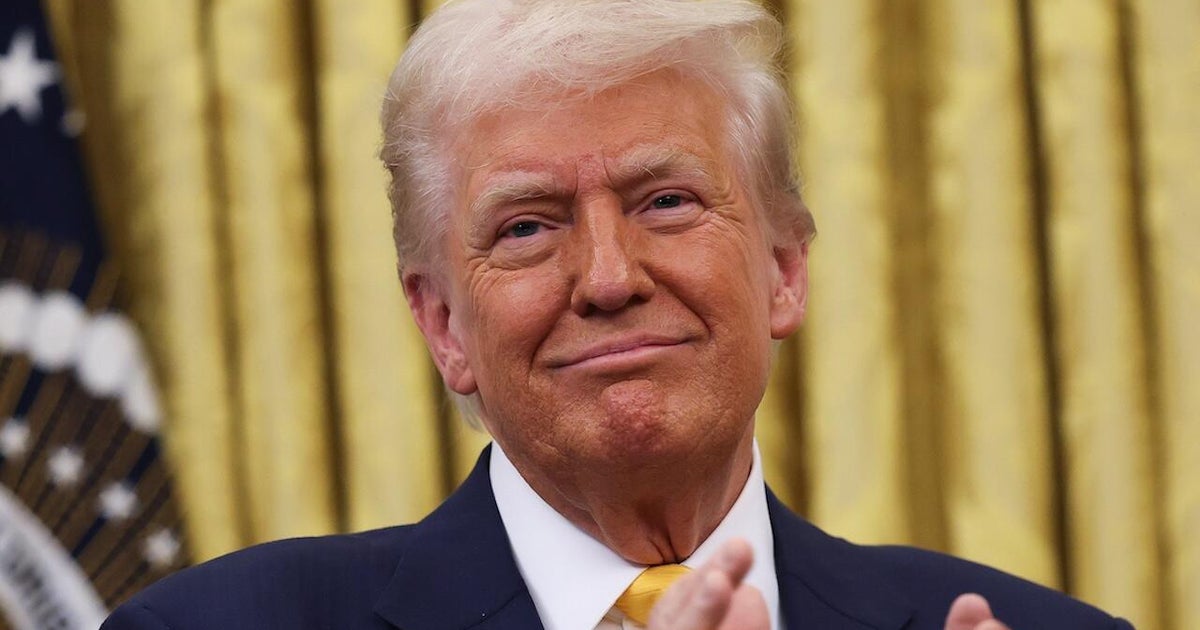Judge denies 11th-hour request by Trump to delay start of his "hush money" criminal trial
An appellate judge Monday denied an 11th hour request by former President Donald Trump seeking to delay the start of the trial in his New York criminal case.
Trump has made multiple attempts to push back the trial, this time by suing the judge just one week before jury selection is scheduled to begin.
In a pair of sealed filings Monday, Trump asked an appellate court for a change of venue in the case and for a stay of a gag order that prevents Trump from commenting publicly on, among others, the judge's daughter, who works for a Democrat-aligned consulting firm, according to a source familiar with the filings.
Associate Justice Lizbeth Gonzalez did not weigh in on either the change of venue or gag efforts in her brief Monday evening ruling denying a stay of the upcoming trial.
The documents are not public, but in an online court database, they appear under the headers "change of venue" and "stay." Documents for an appeal related to a criminal proceeding are initially sealed while they're reviewed for sensitive information.
The trial has been delayed at the 11th hour once before, from March 25 to April 15, after Trump's lawyers complained that evidence related to the case was turned over late after they subpoenaed the federal Department of Justice for documents related to the case. Trump's lawyers blamed Manhattan District Attorney Alvin Bragg for the issue, but Judge Juan Merchan concluded Bragg's office wasn't at fault.
At a hearing on March 25, he denied Trump's request to further delay the trial.
Trump's lawyers have previously argued that he can't get a fair trial in Manhattan, citing a survey they commissioned of 2,000 New Yorkers, which they said showed Trump's favorability is far higher among residents outside New York City.
Trump has also raged against the gag order in the case, which stymied a near daily barrage of social media posts claiming Merchan was biased due to his daughter's work. He's twice sought Merchan's recusal from the case, an effort that was first rejected in 2023, when Merchan cited a state ethics panel review that concluded he was not ethically compromised.



